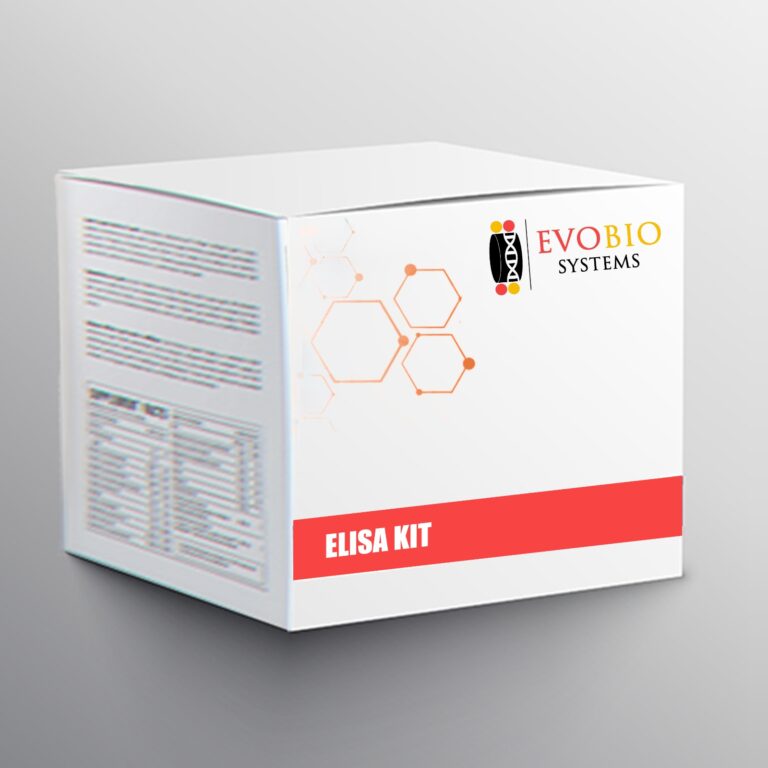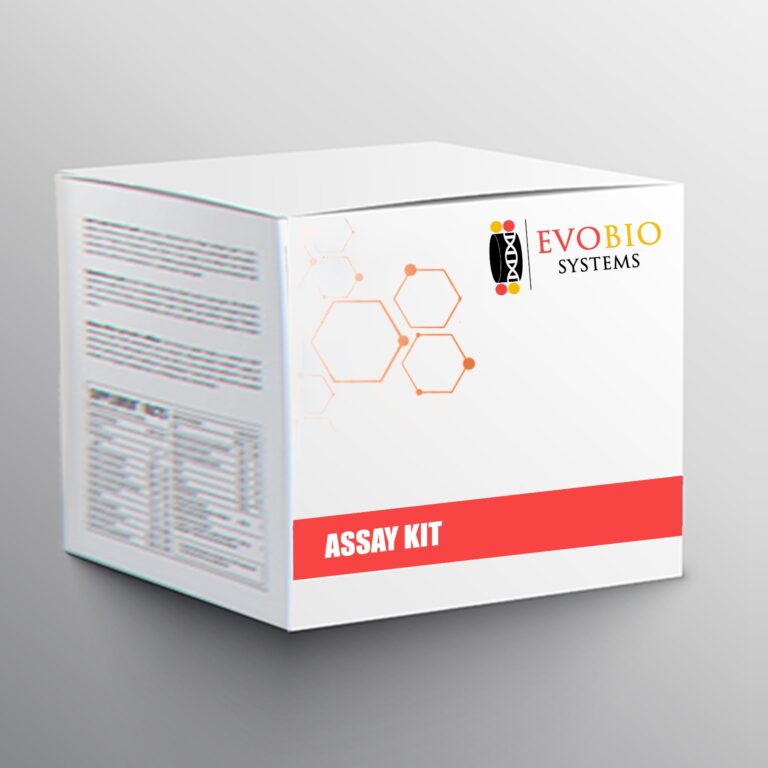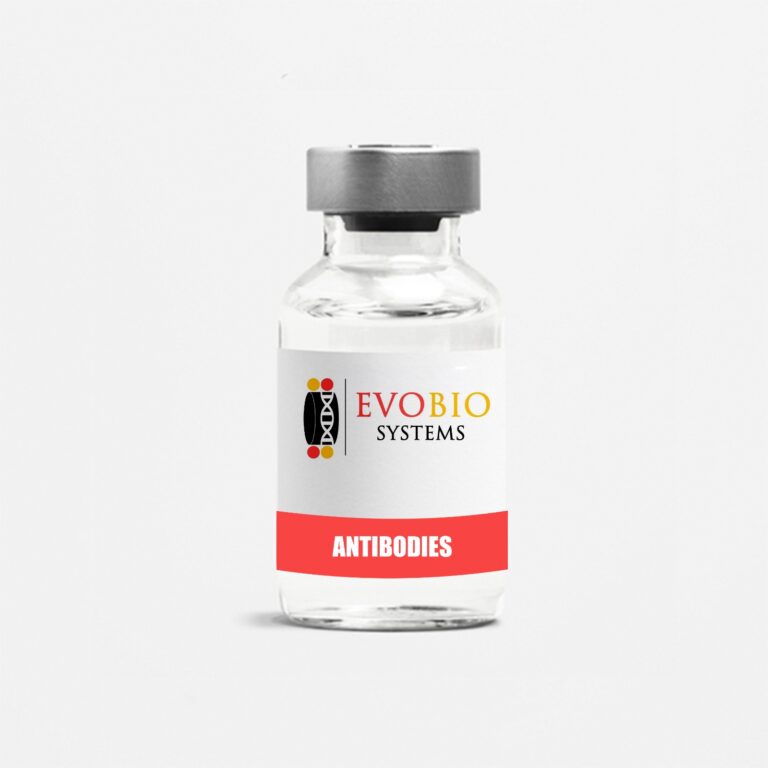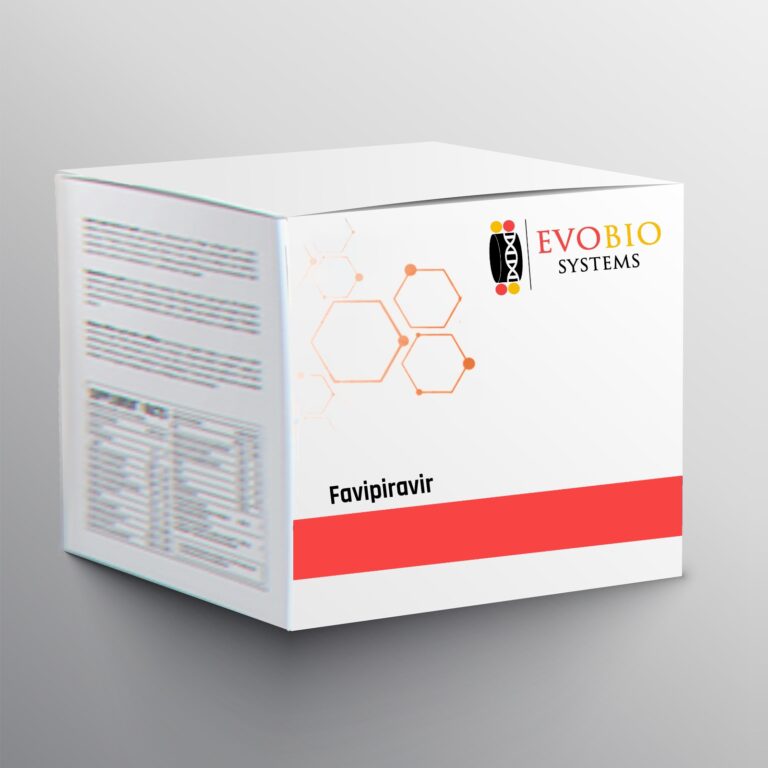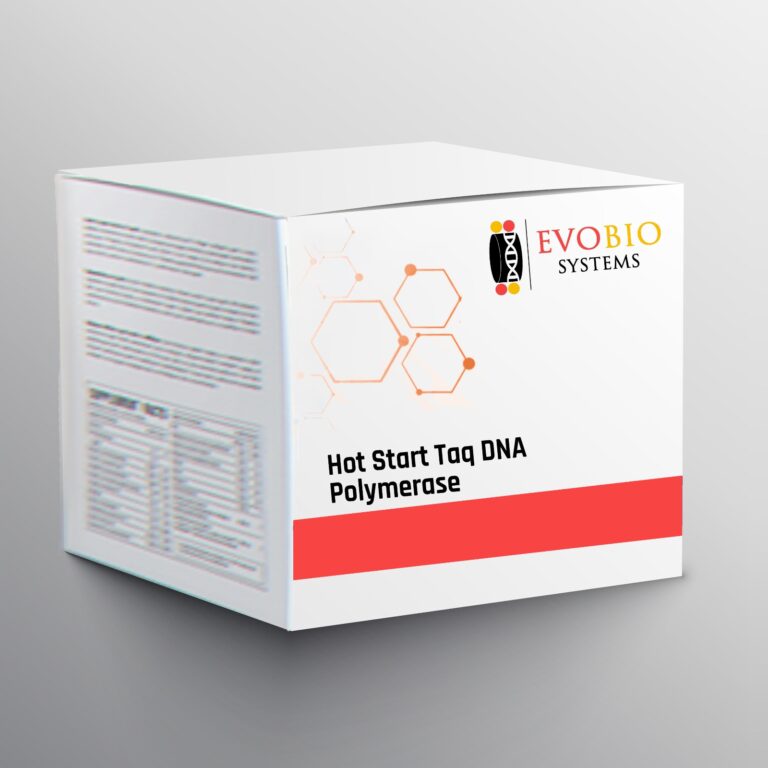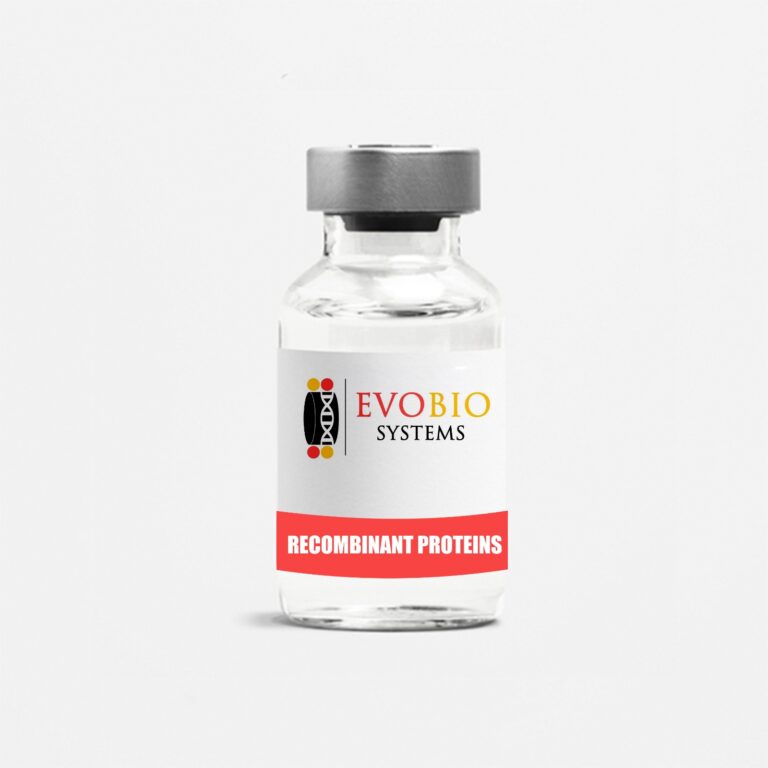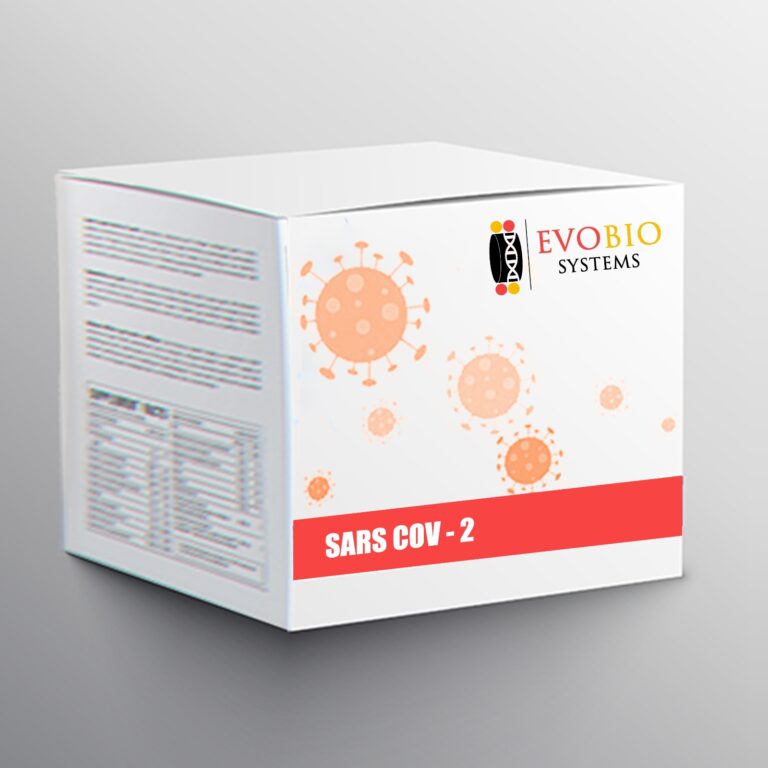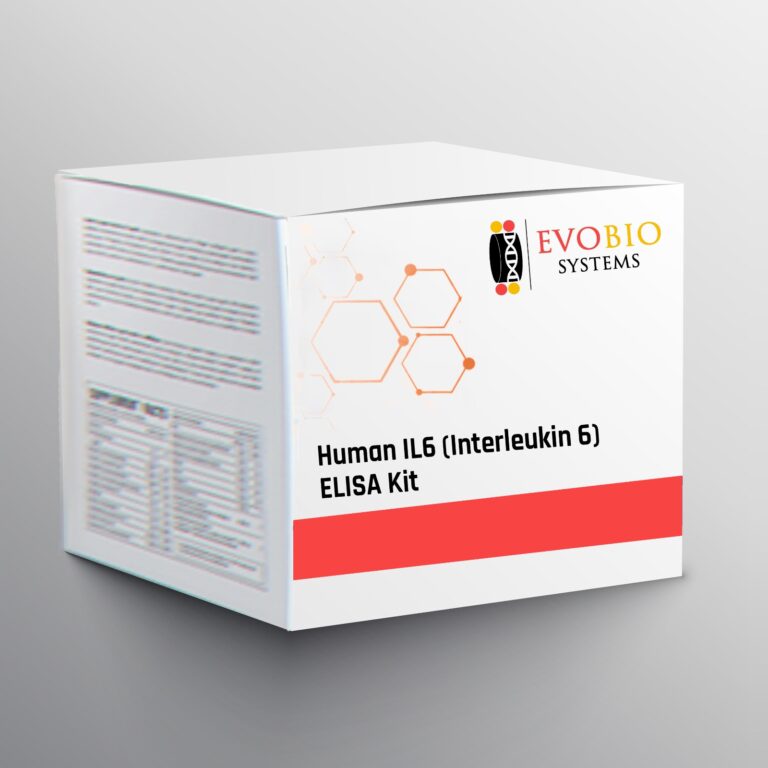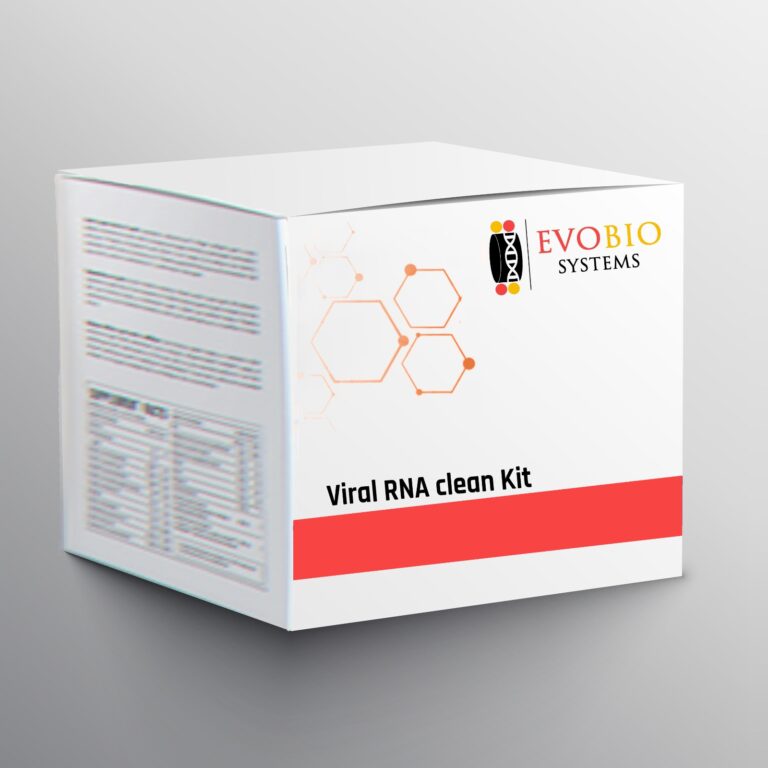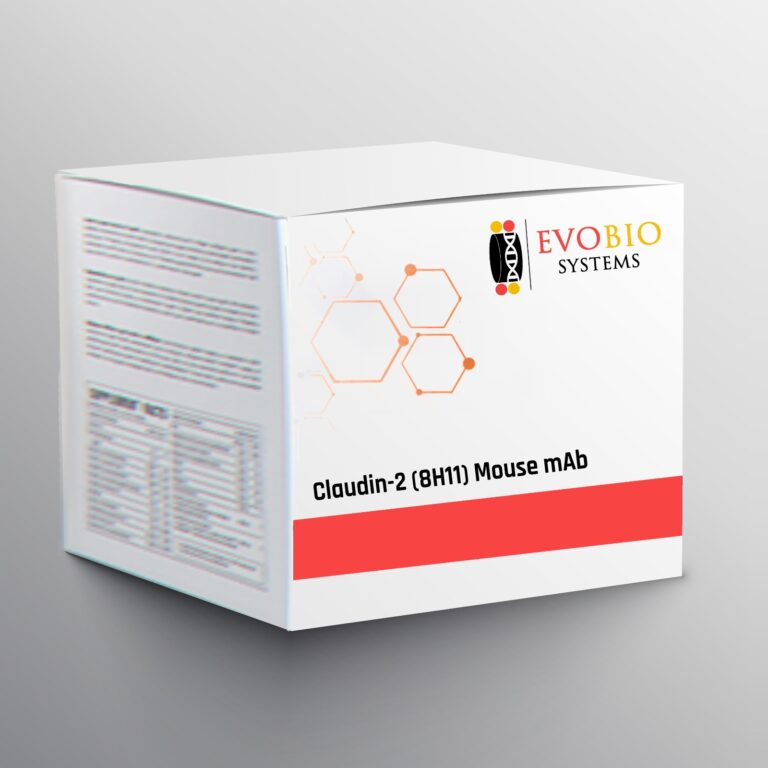Product Details
| Gene ID | 374 |
| Accession | P15514 |
| Alternative Name | AR, Colorectum cell-derived growth factor, CRDGF<br/>Recombinant Human Amphiregulin (AREG) |
| Species | Human |
| Source | E. coli |
| Description | Amphiregulin is a trans-membrane protein whose protease mediated digestion of the extracellular domain enables release of mature AR. Amphiregulin works to stimulate the proliferation of some animal keratinocyles, epithelial cells and fibroblasts. It has been shown that the mRNA expression of amphiregulin can be detected in numerous carcinoma cell lines and the epithelial cells of various human tissues, including colon, stomach, breast, ovary and kidney. |
| Accession | P15514 |
| Functions | Measured in a cell proliferation assay using Balb/3T3 mouse embryonic fibroblast cells. The ED(50) for this effect is typically 5?15 ng/mL. |
| Formulation | Lyophilized from a 0.2 ?m filtered solution in PBS with BSA as a carrier protein |
| Solubility | Reconstitute at 100 μg/mL in sterile PBS containing at least 0.1% human or bovine serum albumin |
| Appearance | Lyophilized Powder |
| Molecular Weight | 11.5 |
| Purity | >95% as determined by SDS-PAGE |
| Concentration | <1.0 EU/μg of recombinant protein as determined by the LAL method. |
| Shipping Condition | Ambient Temperature |
| Storage Condition | The lyophilized protein is stable for at least one year from date of receipt at -70?C. Upon reconstitution, this cytokine can be stored in working aliquots at 2? – 8?C for one month, or at -20?C for six months, with a carrier protein without detectable loss of activity. Avoid repeated freeze/thaw cycles. |
write us with your queries, we will be happy to help you!
“Welcome to our Helpdesk!”
Related Products
